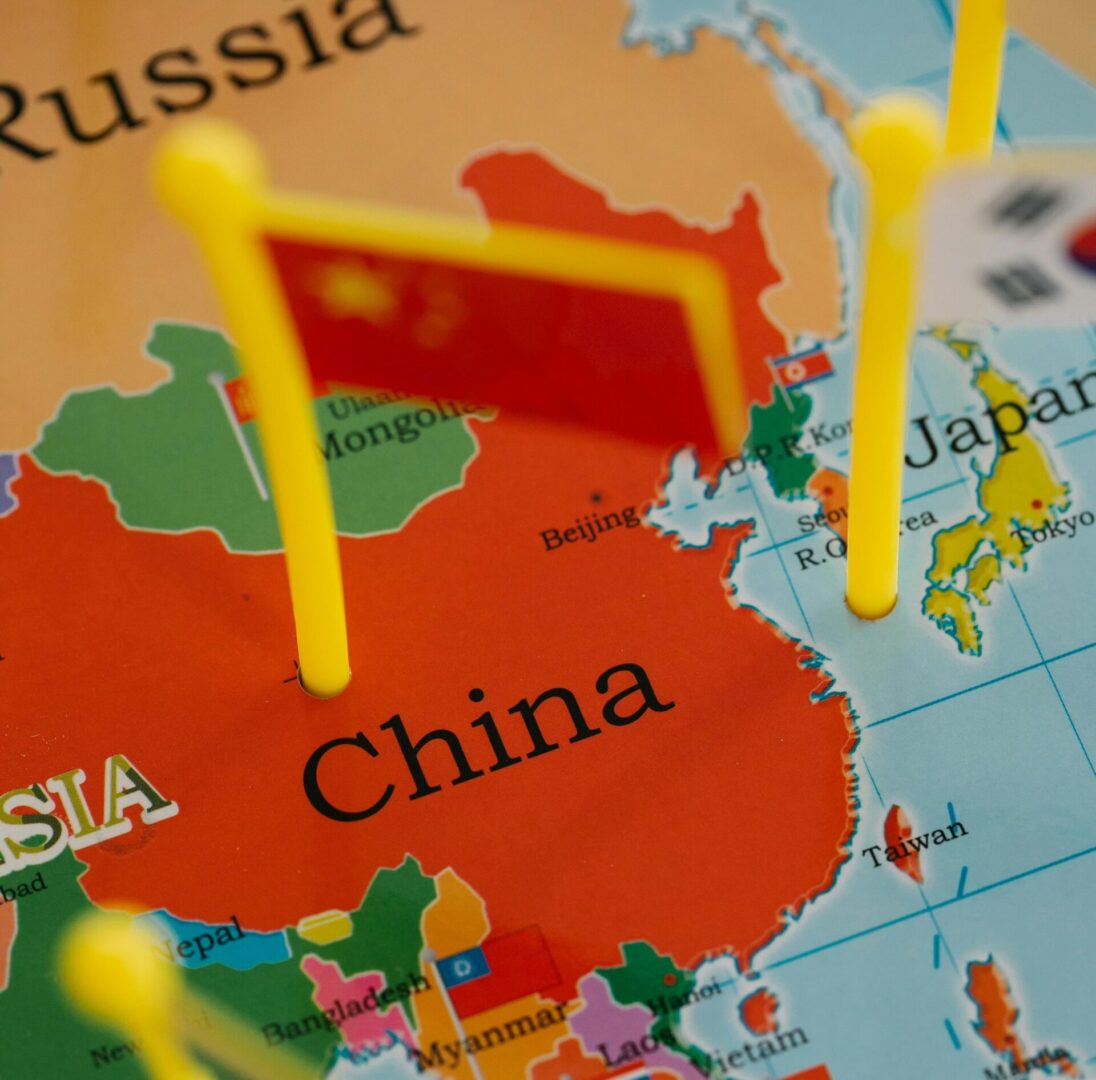
China from the Inside
The following “Weekly” has been contributed by a Chinese citizen living in Shanghai. We are keeping the name of the author anonymous.
“China is a large country with a long history and many people.” This sentence succinctly summarizes Chinese society. Based on my five years of experience working at a financial regulator in Shanghai, I believe that politics is crucial whether you’re doing business, investing in China, or simply trying to understand the daily news. This is my personal reflection on the impact of politics on Chinese society today.
China’s political system is deeply influenced by Confucianism. Throughout history, the government’s power has been extreme and concentrated. The central government sets the country’s direction through internal resolutions, sometimes overlooking individual interests or making mistakes. This strong government authority means that good relationships with decision-makers can bring unparalleled advantages in various industries. Consequently, businesses in China place great importance on maintaining good government relations.
Confucianism not only grants strong power but emphasizes that the government should be judged by benevolence. Whether it was ancient emperors or current leaders, their great achievements are the main criteria for being remembered and praised. Ancient emperors wanted historians to record their victories and public projects. However, the standard of benevolence is vague. Although laws and rules regulating the Chinese government and its officials are strict, the criteria for such judgment often lack clear indicators. This makes Chinese officials some of the most cautious individuals in the world given that any lapse can end their careers or affect their descendants. This has been especially relevant during recent times when the economy is experiencing a downturn, and government officials have been conducting more internal audits to ease public dissatisfaction.
Given these factors, I believe politics is the most important consideration when investing in China. In the asset management industry, for example, understanding Chinese politics or maintaining good government relations can help businesses determine if an industry has promising growth potential or if there are unfavorable factors ahead. A common sentiment among Chinese investors is “Better to be friends with policy leaders than time,” reflecting the reality that rapidly changing governmental policy often overshadows long-term investment values. This was evident in July 2021, when an abrupt educational reform banning Chinese K-12 tutoring crushed a promising industry.
Maintaining a positive government relationship can also help businesses obtain government support at a low cost and expand their influence. It is increasingly popular for foreign asset management companies to hire former government officials to establish better communications with financial regulators. Those who invest in such networks often achieve greater success.
Lastly, understanding Chinese politics is challenging because it is not fully documented in legal texts; much of it requires adaptation to China’s cultural practices. Despite concerns about political risk in investing in China, I have not seen issues like discriminatory rules or random confiscation. Understanding politics is the key differentiator in accessing the “untouchable” Chinese market.
